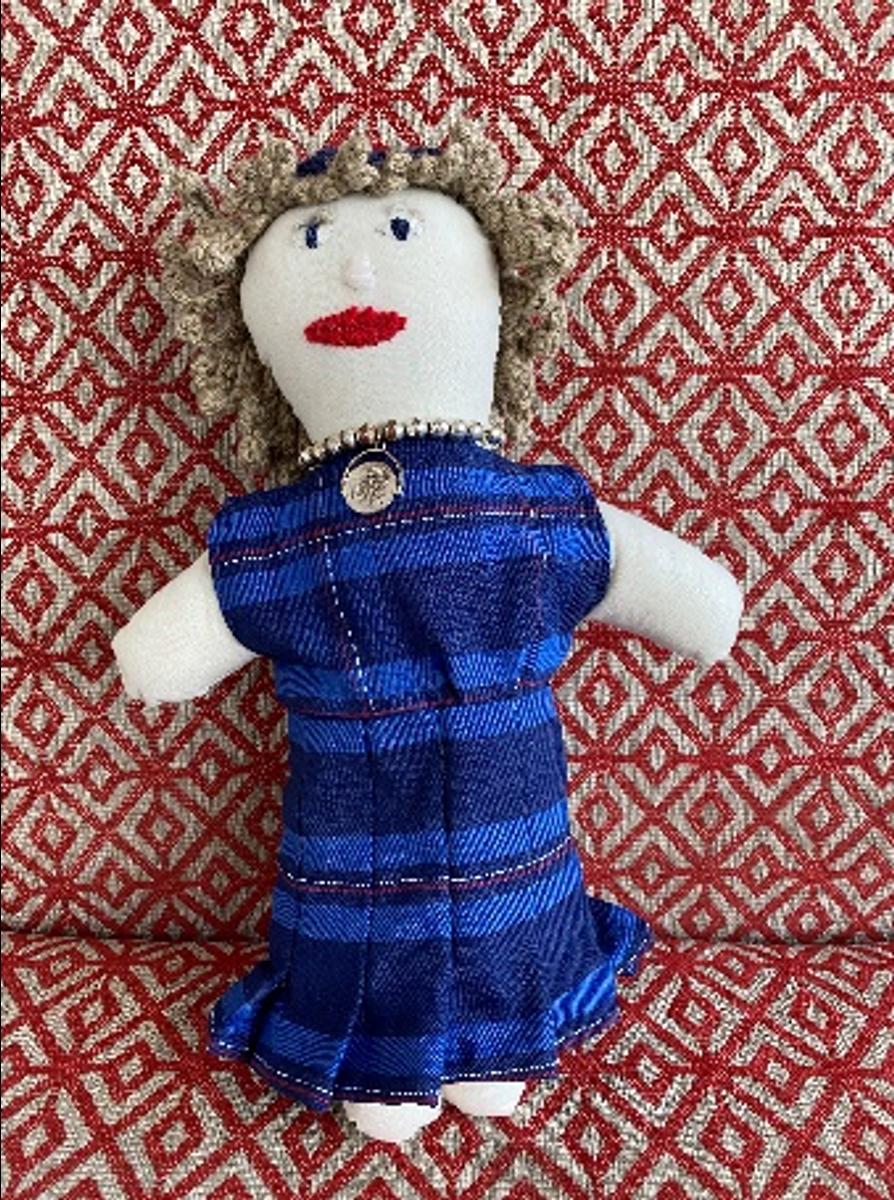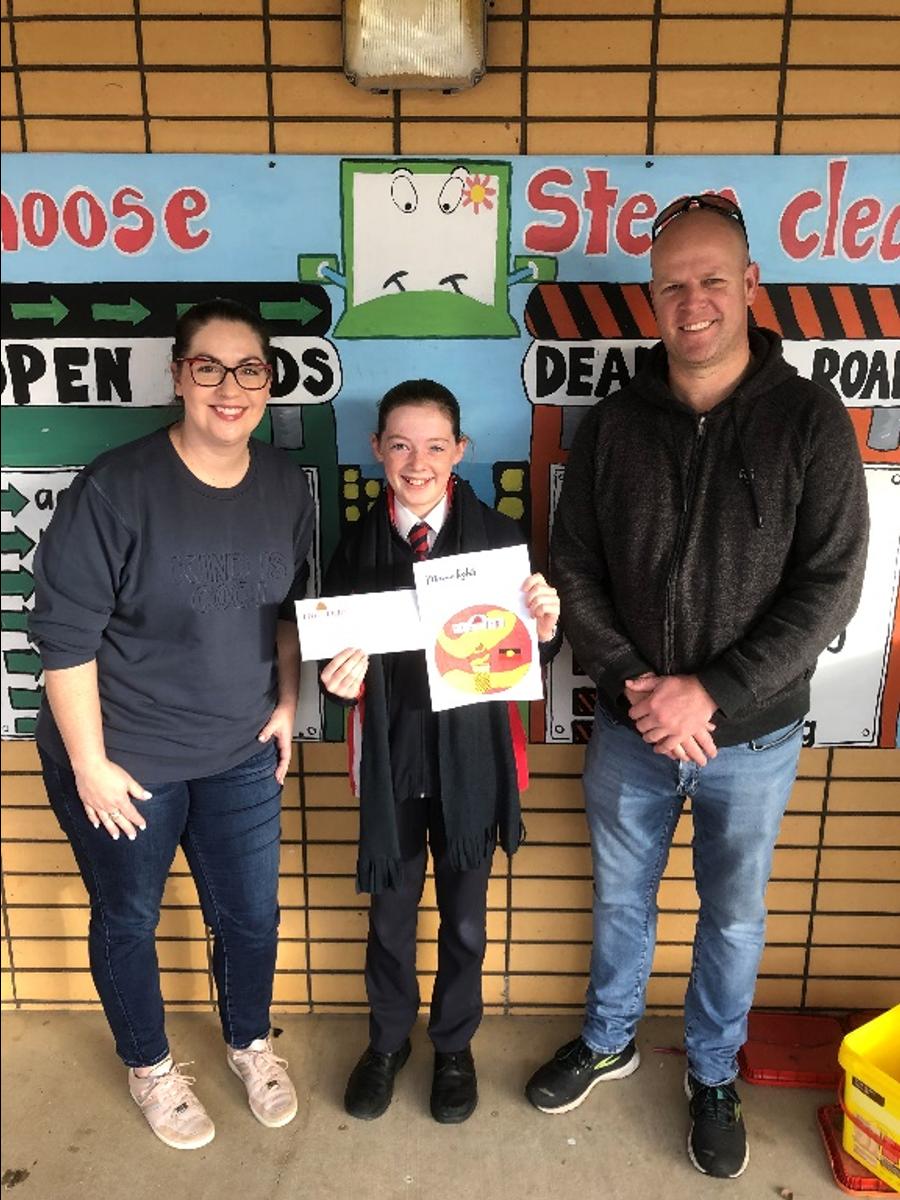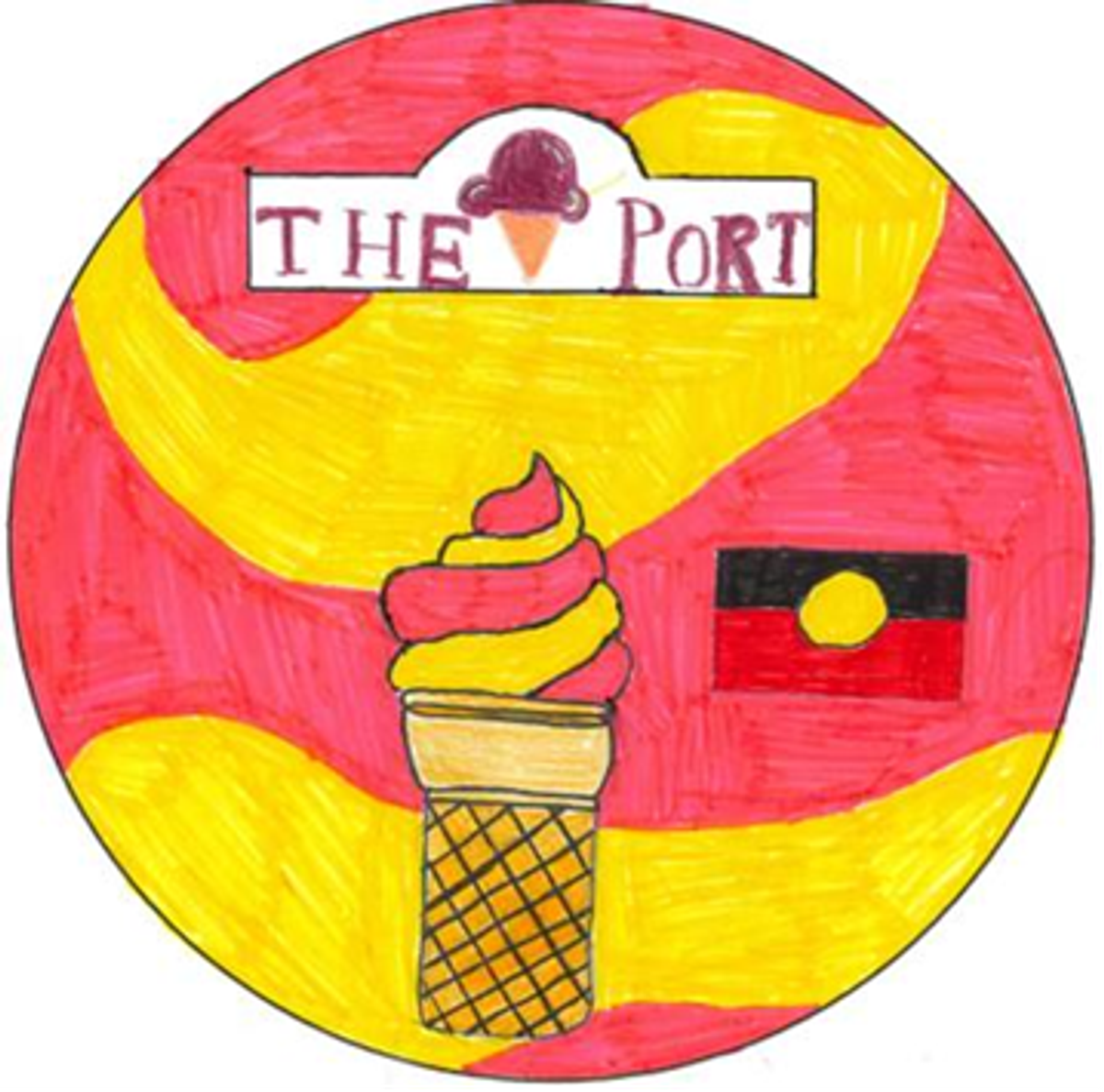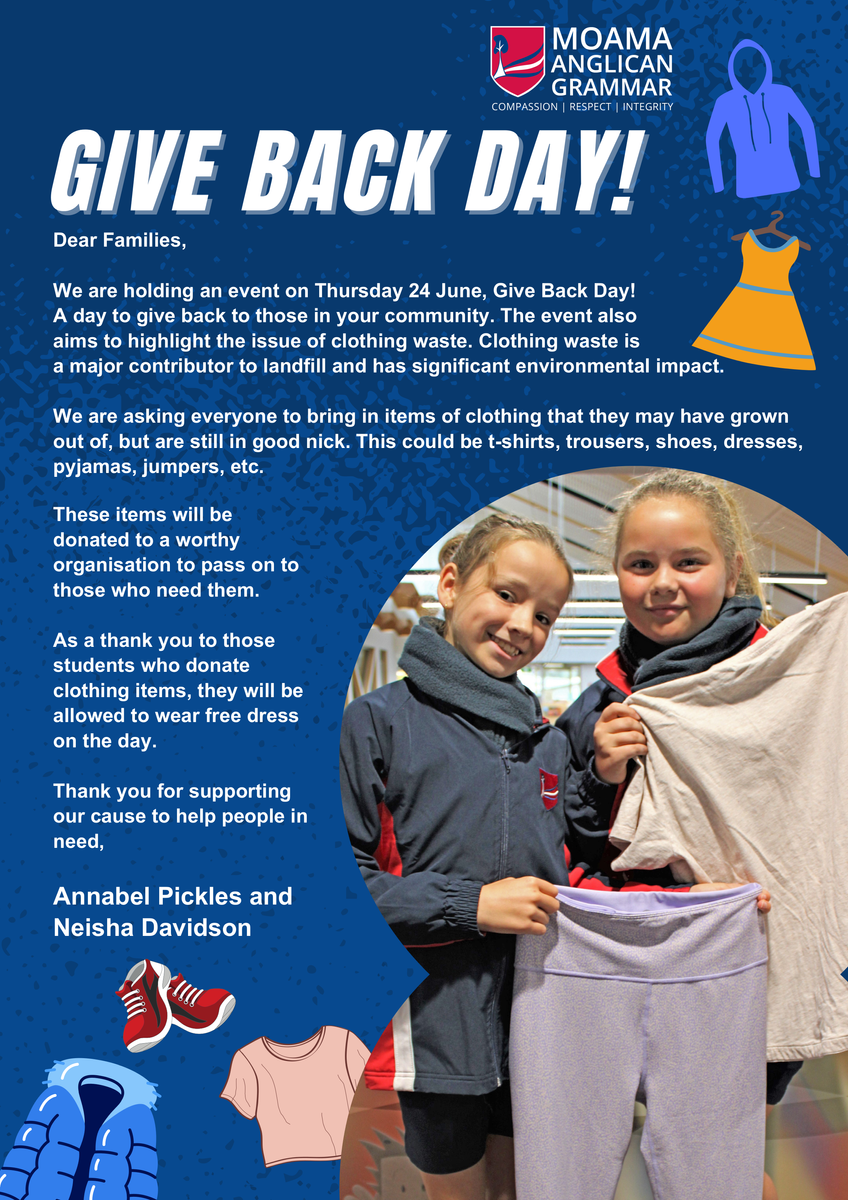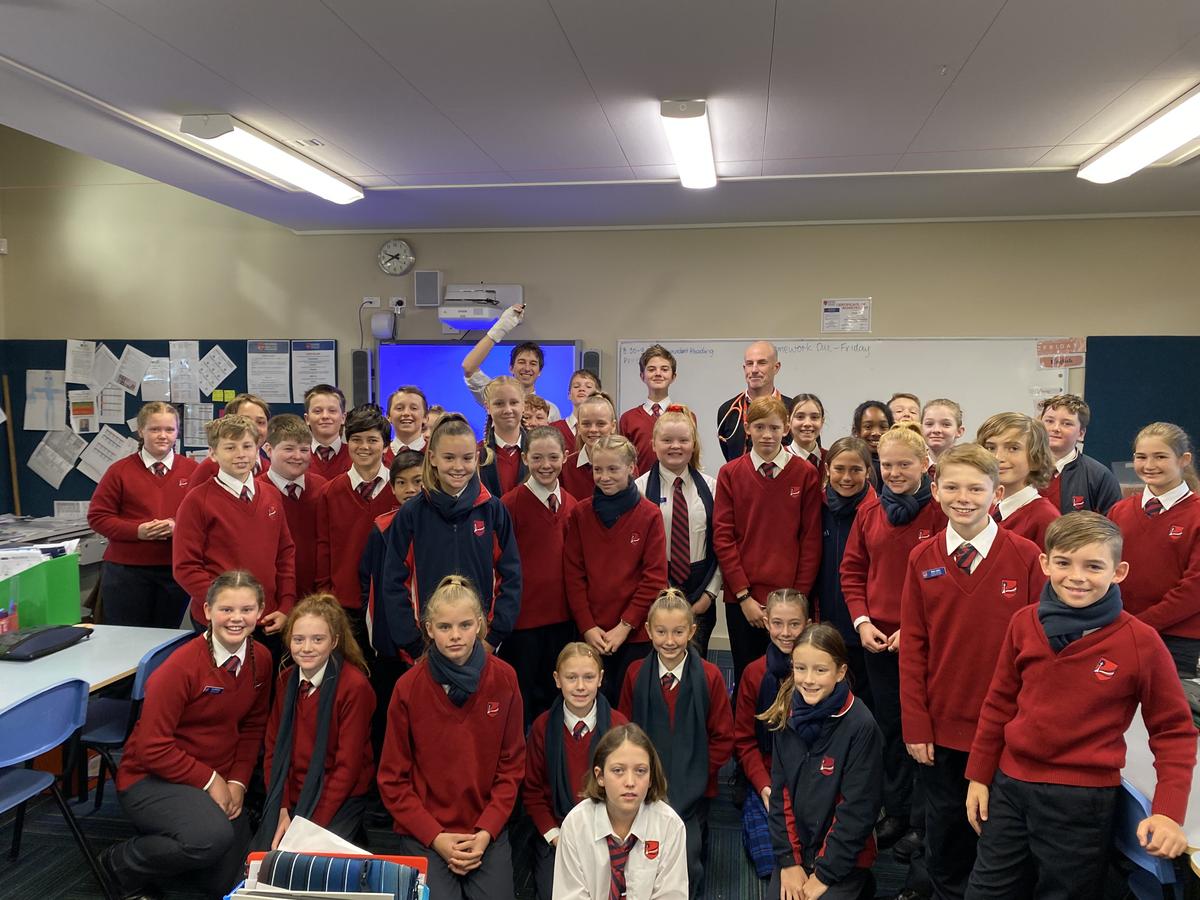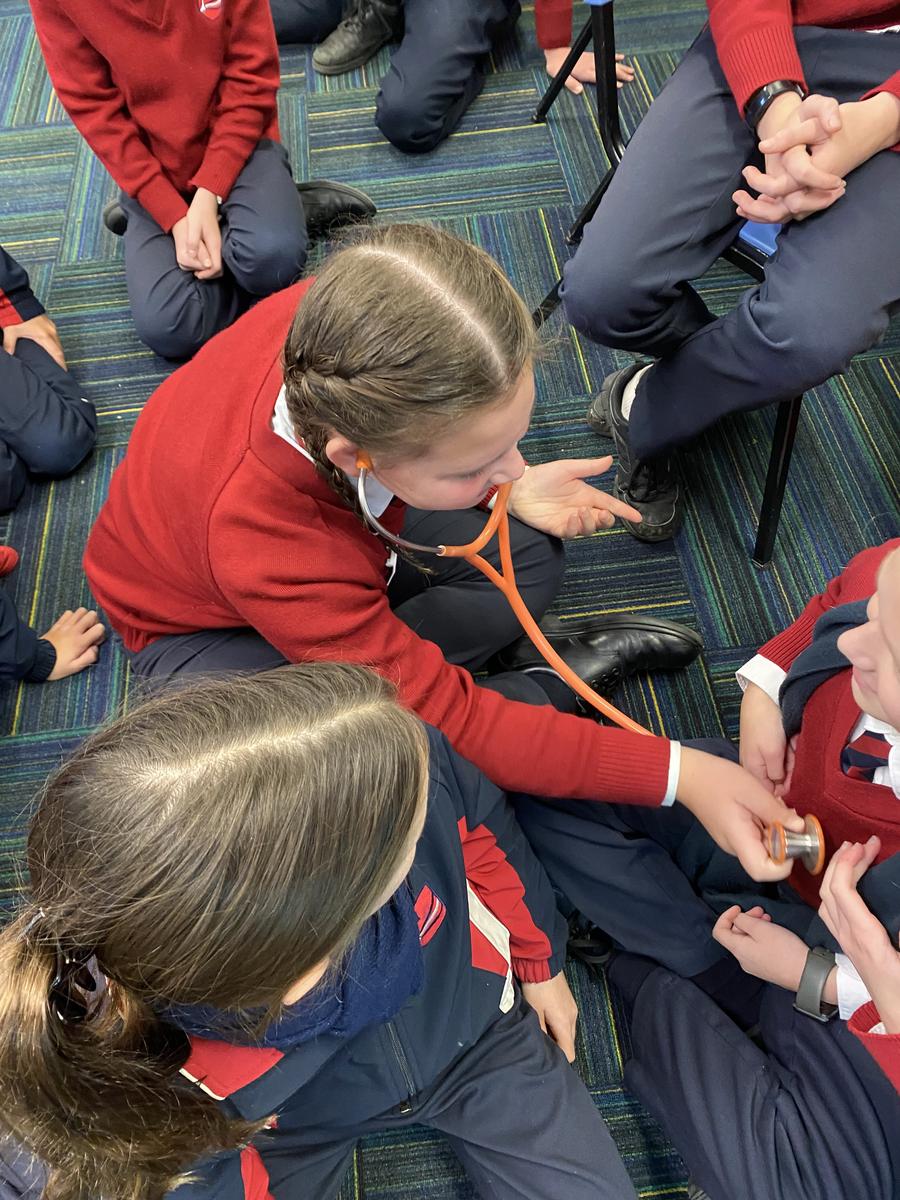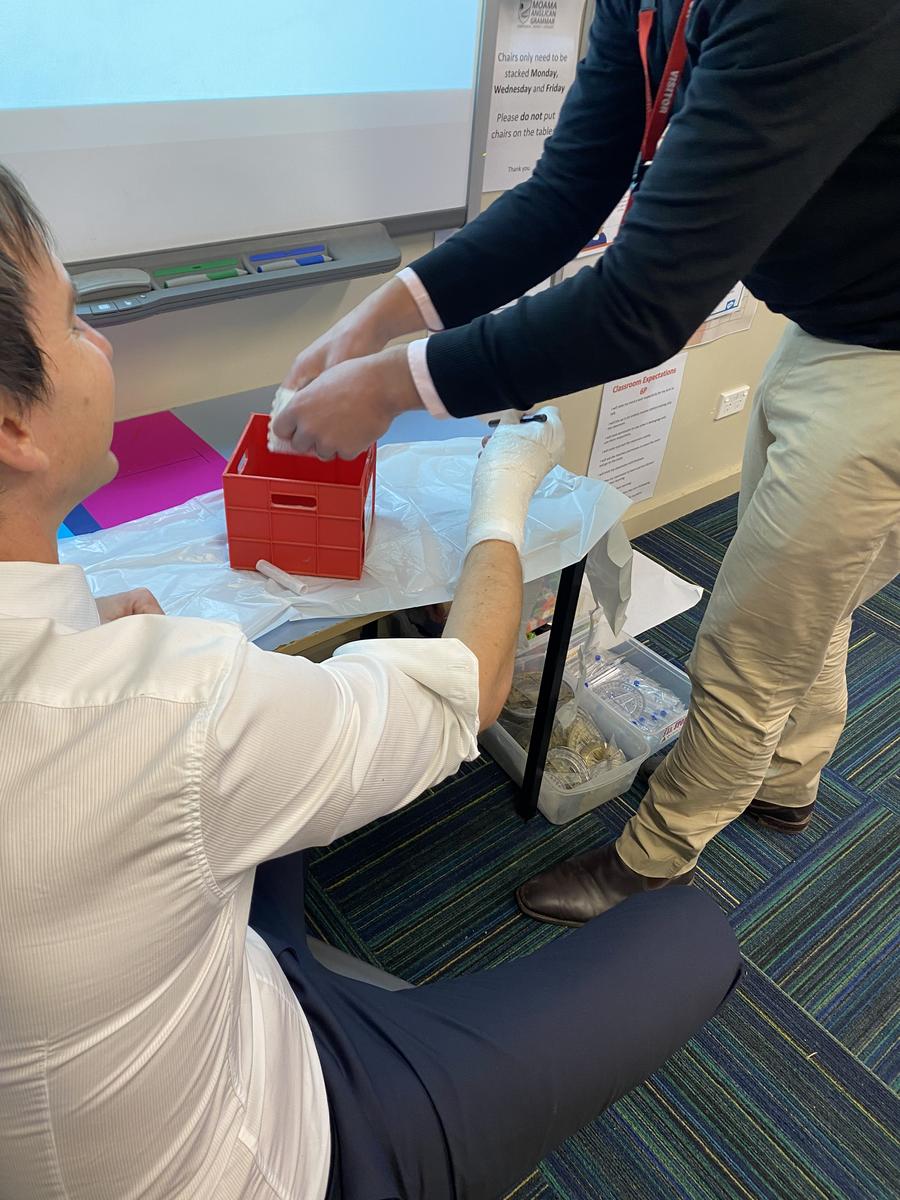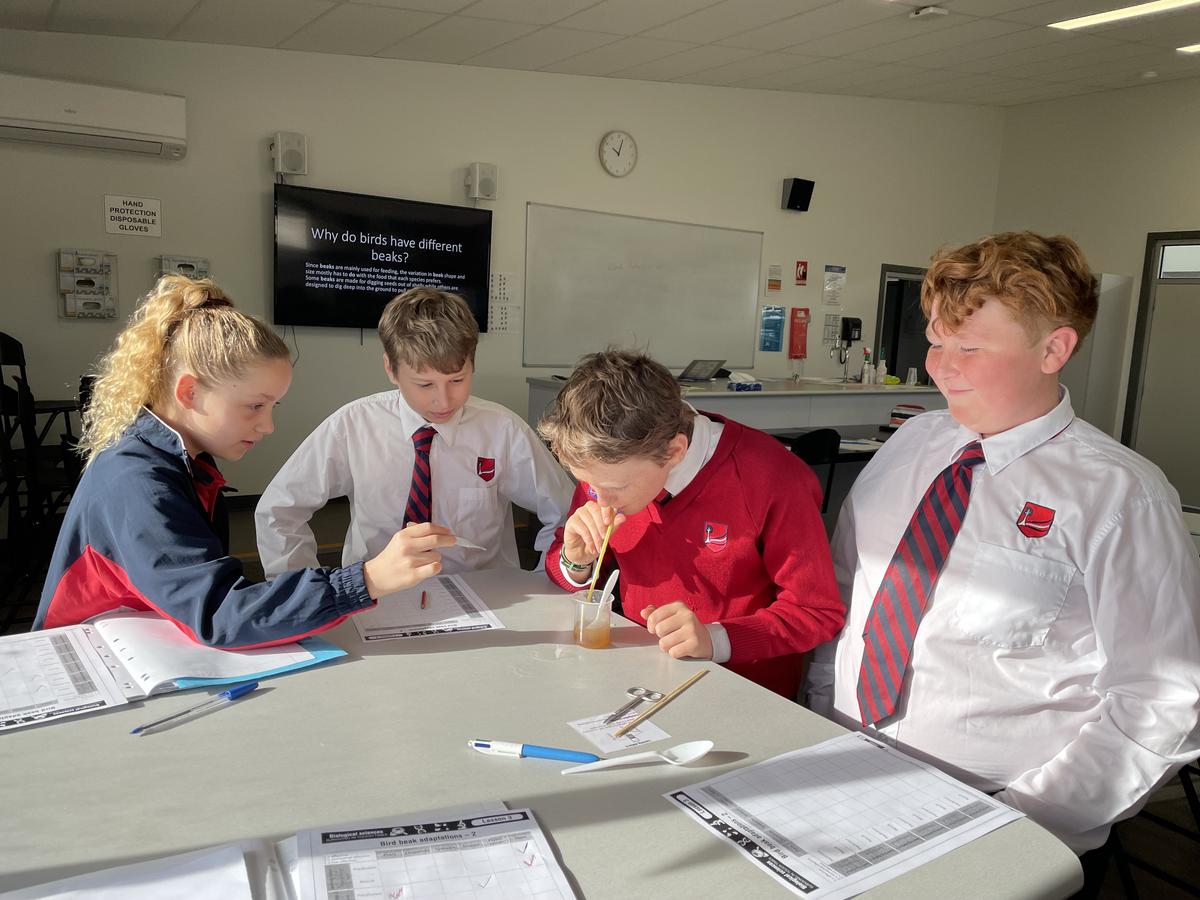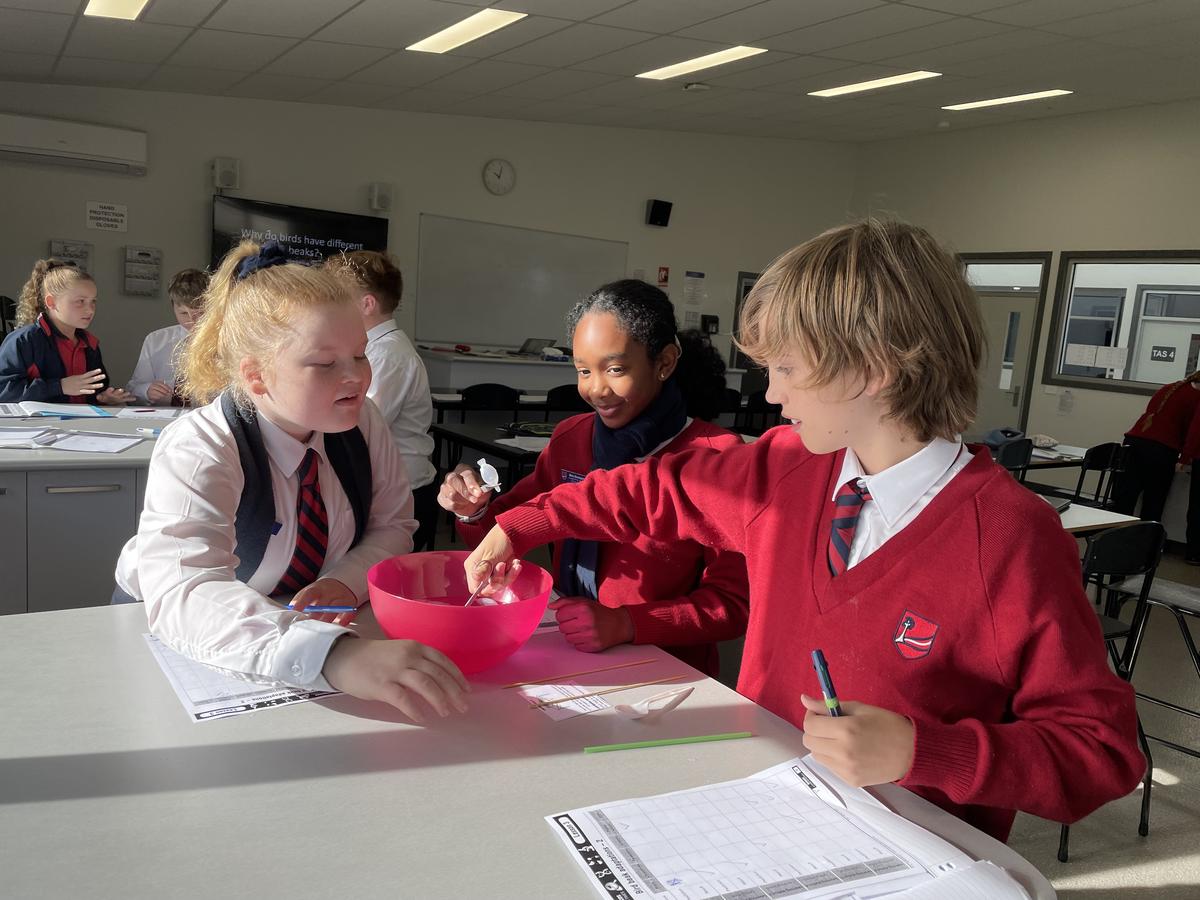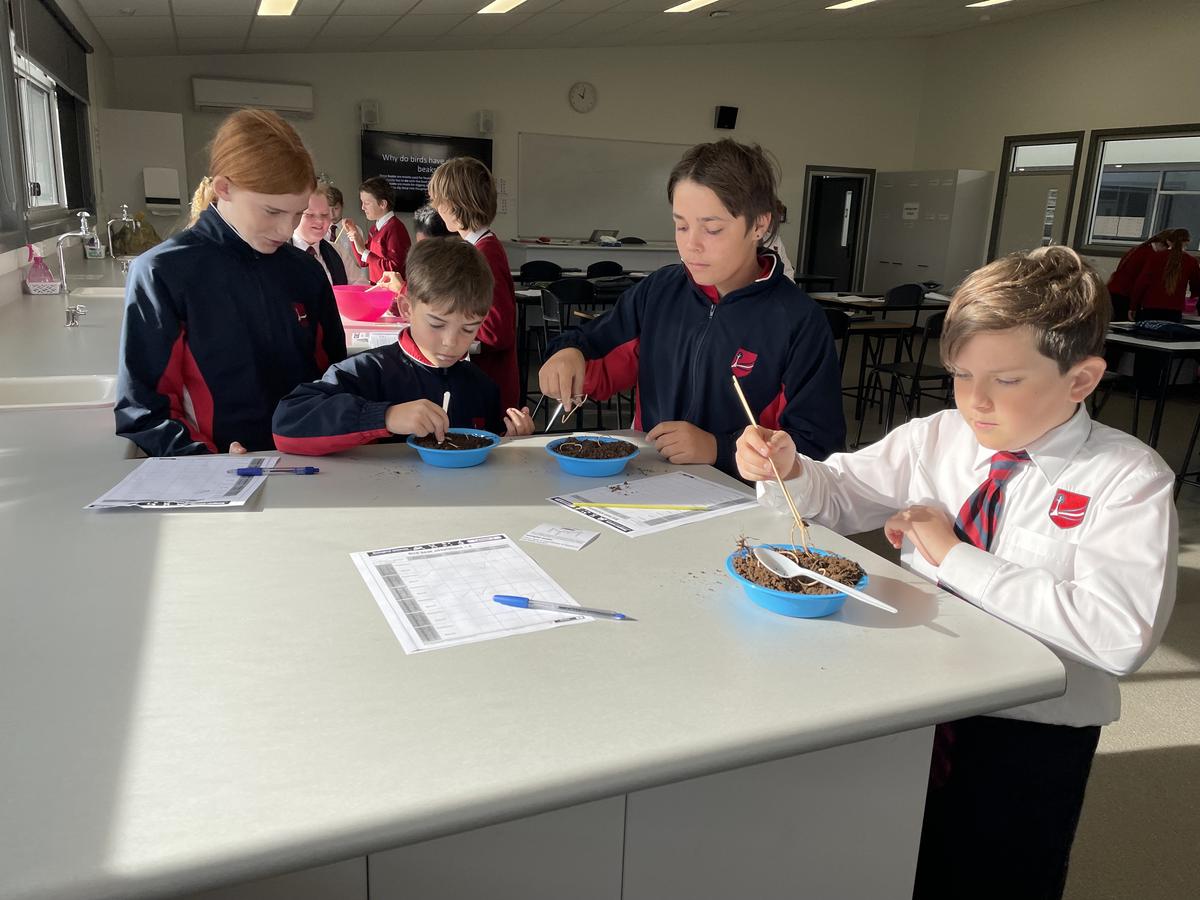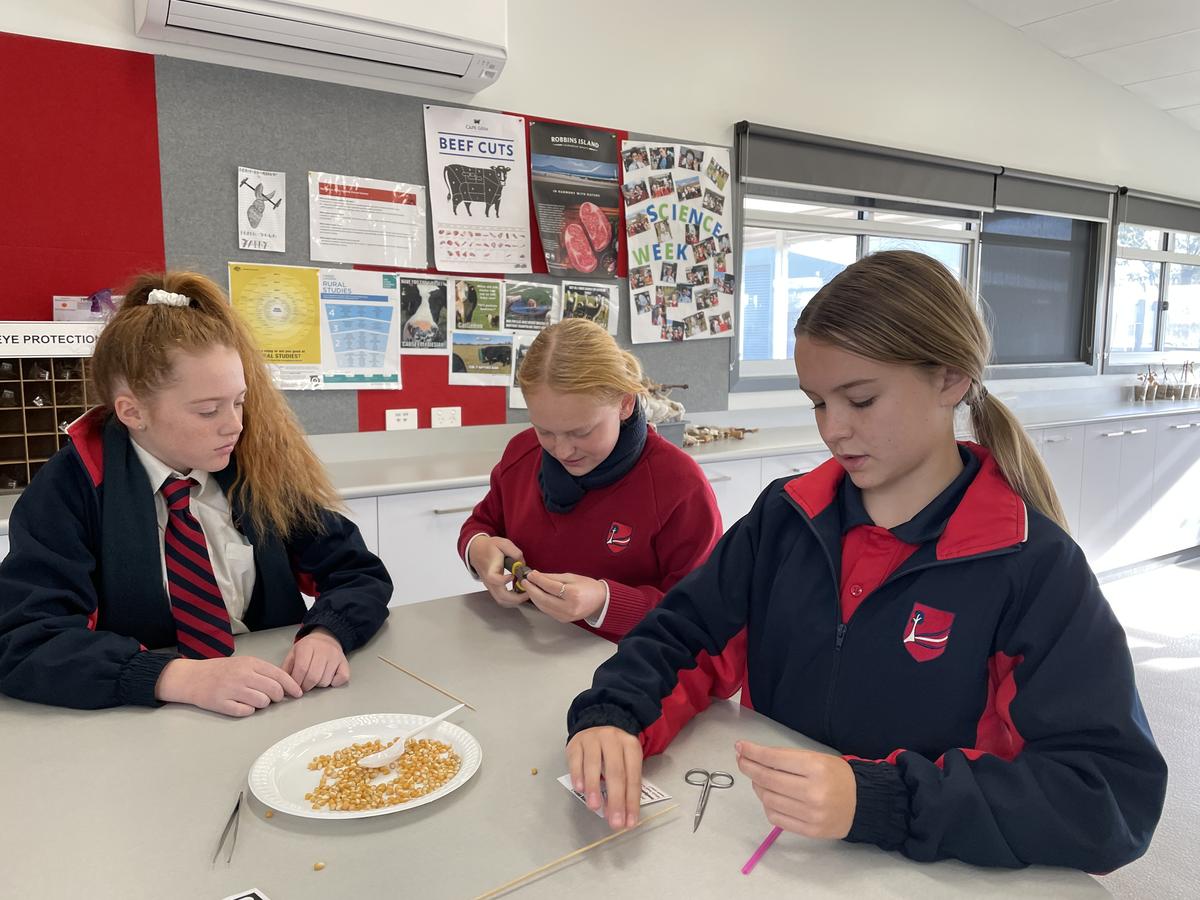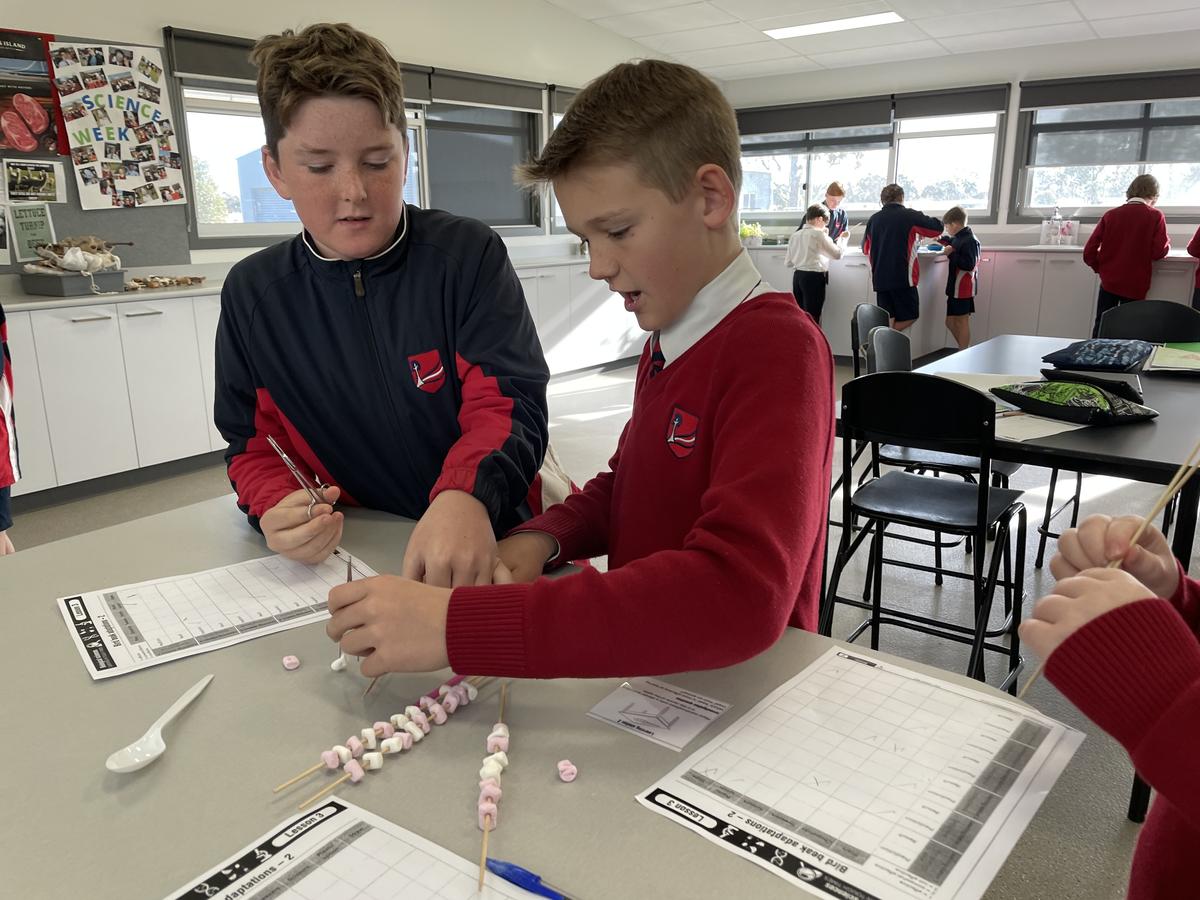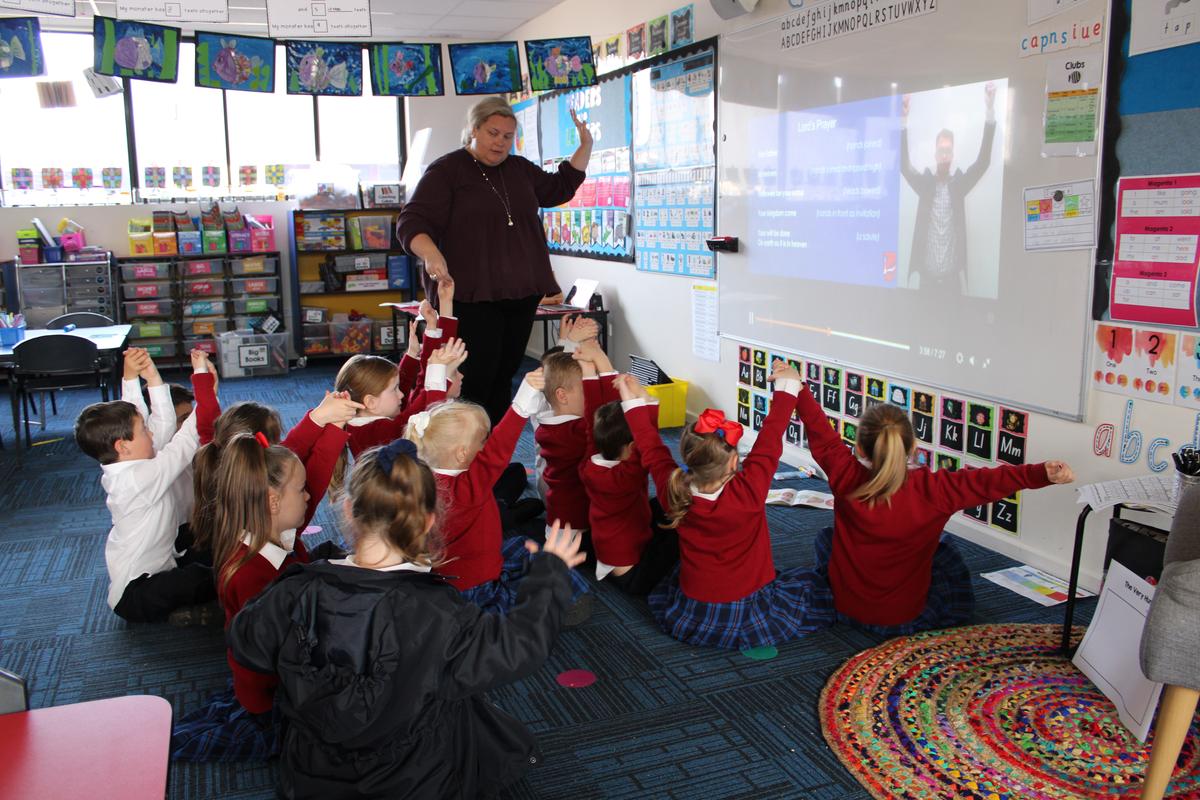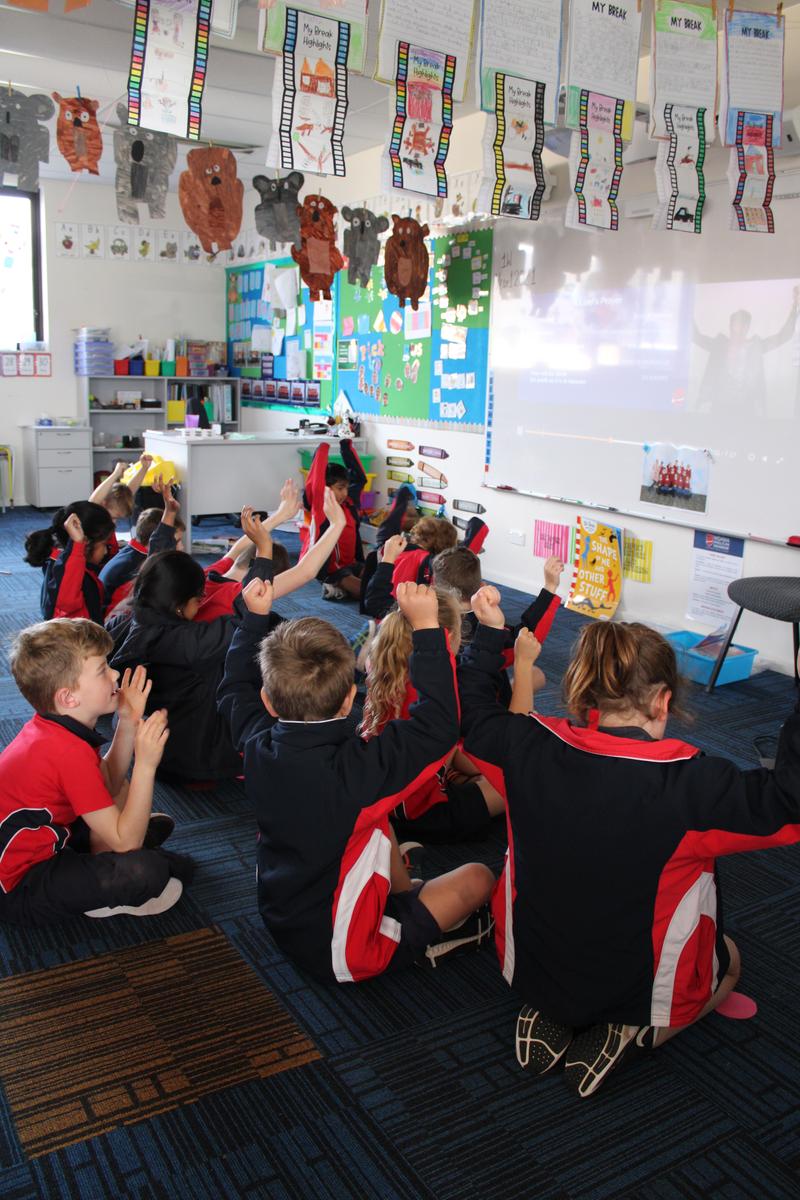Primary
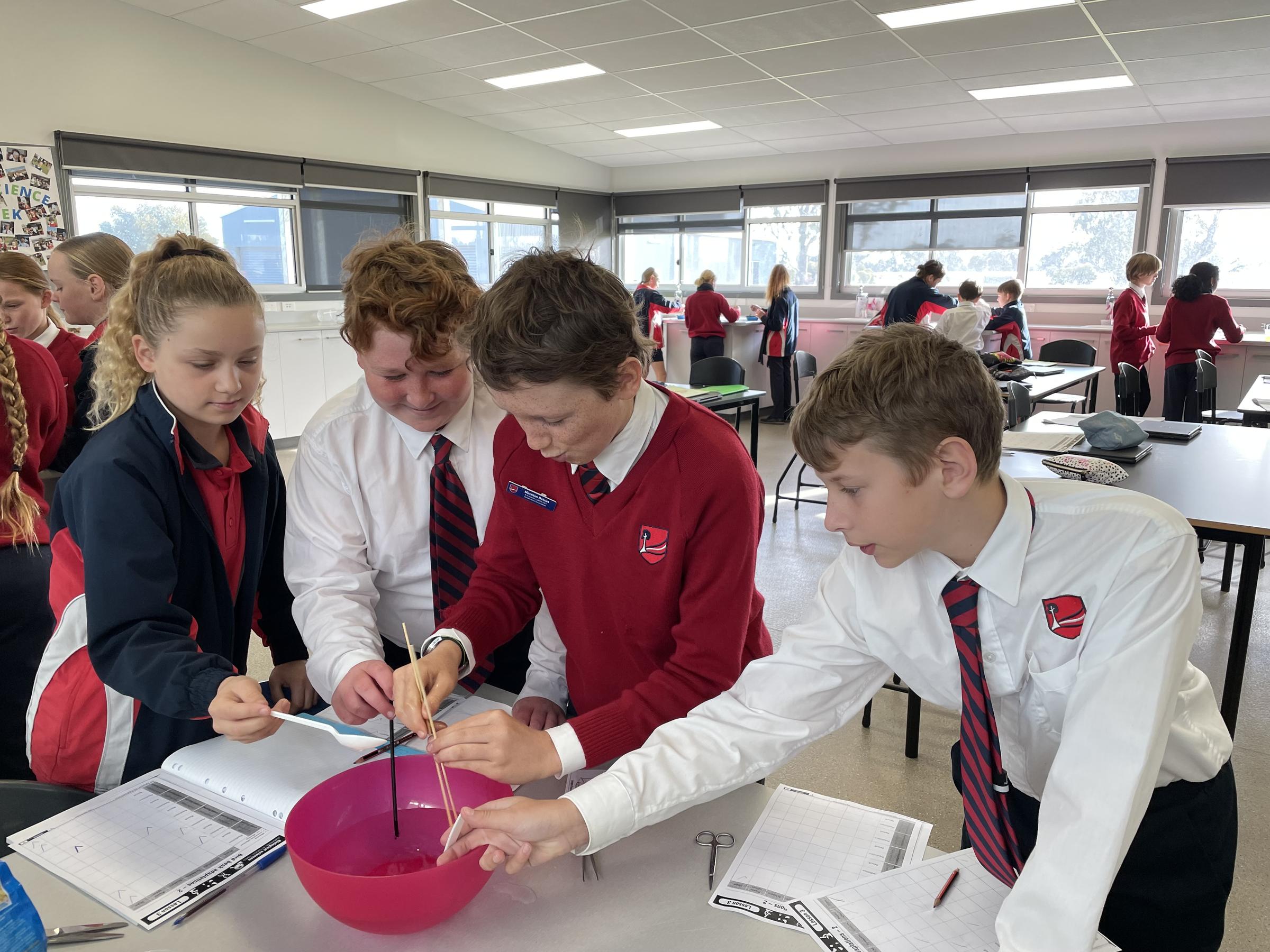
From the Primary Office
Teachers have been busy completing the Semester 1 individual student reports. These show the progress students have made in all of their subjects for Term 1 and Term 2. Comments are provided for Pastoral Care, English and Mathematics. Reports can be accessed via SEQTA Engage at the end of the school day on Friday 25 June. To view your child/ren’s individual reports, parents need to log into their SEQTA Engage portal. If you experience difficulties, accessing SEQTA Engage, please contact our IT help desk at help@moamagrammar.nsw.edu.au. Our IT staff will happily assist you with this process.
Another kind reminder to all our families that we are required to follow COVID Safe regulations and parents are required to scan in via the provided QR Code when entering any of the school buildings or classrooms. These can be found in the Primary School office and on classroom doors. In addition, parent volunteers require to sign in at the Primary Office as per our normal process. Parents collecting their child whilst waiting outside the classrooms are not required to sign in.
Next Friday 25 June, marks the last day of Term 2. We will have an early finish at 2:05pm. Buses will arrive one hour ahead of their normal scheduled times.
Term 3 starts on Tuesday 20 July for students. Staff are involved in Deep Learning Professional Development on Monday 19 July, however, the Primary Office will be open.
Meet Maggie
A huge thank you to the Community Inclusion Group which runs at Echuca Regional Health every Thursday for making our beautiful Maggie. The Inclusion Group has been created to improve connection and decrease isolation for our elderly population.
Mrs Sandra Nield, grandmother of the Cooke family, attended this group last week and was handed beautiful Maggie by Mrs Helen Wilson who made her for our Primary School. We absolutely love Maggie in our school uniform and we invite you to come and meet her in the Primary Office where she lives. A special thanks to Mrs Nield and Mrs Wilson for thinking of our school and helping to make a positive difference.
Year 7 Showcase
"The Year 7 Showcase was a very fun afternoon. We got to do so many great activities and meet lots of new people. It was exciting to see how many new students are coming next year and to do many activities with them. My favourite activity was probably the Amazing Race because we got to run around the school and take photos of letters. The word spelled out Geography but sadly my team wasn´t the winning team. Overall, I loved all the activities and meeting new people. I can't wait for year 7 in 2022!"
By Bella Kendrick 6P
"On Tuesday we had the Year 7 Showcase. This afternoon is a great opportunity for current and future students to have a taste of Year 7 which assists us with transitioning from Primary School to Secondary School. We were split into 4 groups and did activities with 3 of the Year 7 teachers. First, my group completed the Amazing Race with Mr Macey. Next, we did sport with Ms Bennett and lastly, we made earrings with Ms Moon. The Year 7 Showcase was an amazing experience because I got a sneak peek of what life in Secondary School looks like and the people I am going to meet".
By Hesandu Ambalangodage 6P
Moama Lights
What an amazing community we have! A huge thank you to Ben and Kristy Docking from The Port Ice Creamery for awarding Eve Ferris from 6G with ice-cream vouchers. After lots of positive feedback from family and friends, who recognised Eve’s image at the Moama Lights event where it was projected around Horseshoe Lagoon, they wanted to share their appreciation to Eve for dedicating her art entry to The Port Ice Creamery.
Give Back Day Fundraiser
In RVE, students in Year 5 were asked to create a project in which they could make a difference to the community and world around them. Annabel Pickles and Niesha Davidson came up with the idea to organise a school fundraiser to address the issue of clothing waste. Clothing waste is a major contributor to landfill and has significant environmental impact.
The school will support the girls with their vision for Give Back Day. On Thursday 24 June, students in the Primary School are encouraged to bring a piece of clothing that they have grown out of, but is still in good condition. As a thank you for donating a piece of clothing, students can attend school in casual dress on this day. The clothing items will be donated to a worthy cause selected by the girls.
Nici Deller Mel Scott
Head of Primary Head of Teaching and Learning Primary
Literacy Corner with Brooke Barber
Primary Literacy Coordinator
Fluency: What is it? Why is it important?
If someone is fluent in speaking another language or in playing an instrument, there's a smooth, graceful and easy quality to it. The same is true with reading skills. Reading fluency is a child's ability to read a book or other text correctly, quickly, and with expression. A fluent reader doesn't have to stop and "decode" each word. Rather, most of the words can be read automatically. This means the reader can focus his attention on what the story or text means. For that reason, fluency is critically important — it is the bridge between decoding words and understanding what has been read.
How can we foster reading fluency?
Parents can help their child develop reading fluency through a few simple and fun activities.
Paired or "Buddy" Reading
The easiest and best way to help your child develop fluency is to sit with your child and read! Read together every day, which is often called paired or buddy reading. To use paired reading, simply take turns reading aloud. You go first, as your reading provides a model of what good fluent reading sounds like. Then, ask your child to re-read the same page you just read. You'll notice that your child's reading will start to sound more and more like yours. Do this for several pages. Once your child is comfortable enough, and familiar enough with the book, take turns reading page for page.
Reread Favorite Books
Another way parents can help develop fluency is to build a tall stack of books that your child can read quickly and easily. Encourage your child to reread favorite books over and over again. With each reading, you may notice your child reading a bit easier, a bit faster, and with a bit more confidence and expression.
Record It
Another fun way to practice reading and build fluency is to have your child create her own audio books. This can be done simply with an app on your phone or iPad. Regardless of the method you choose, your child will be practicing what they want to record and that reading practice is critical. Sharing your audio recordings with family and friends is a great motivator too!
These activities are easy and require very few materials. Doing these activities with your child will help build fluency — a skill that will last a lifetime.
https://www.readingrockets.org/article/fluency-matters
Numeracy Corner with Stacey Briggs
Primary Numeracy Coordinator
Teaching kids about maths using money can set them up for financial security
One of the most common complaints children have about learning maths is its lack of relevance to their lives outside school. When they fail to see the importance of maths to their current and future lives, they often lose interest.
This results in opting out of mathematics study as soon as they can, and proclaiming they are “not good at maths”.
Financial literacy – learning about budgeting, saving, investing and basic financial decision making – taught by both parents and teachers can help keep them engaged.
Shopping is a teaching opportunity for parents
Many young children don’t understand where money comes from. It’s important that they begin to develop some understanding of how our economy works, even from a young age. Research has found a pattern emerging where children whose parents talk to them about money develop an earlier understanding of its importance. They are also provided with more opportunities to deal with making decisions about money.
If you have young children in primary school, it’s a great time to start their financial literacy and mathematics education. There are plenty of opportunities when you are out shopping to include your child in discussions and decisions where appropriate, or explain the financial decisions you make on their behalf. Talk about the mathematics involved in financial decision-making. Where possible, encourage children to make their own financial decisions with things like pocket money or savings. If you feel you need to improve your own financial literacy first, there are many resources available for adults.
Teaching children about money through mathematics helps children learn. It helps them use mathematics in real-life scenarios and, more importantly, can help set them up for future financial security.
Attard, C. (2017). Teaching kids about maths using money can set them up for financial security. The Conversation. Retrieved 10 May 2021, from https://theconversation.com/teaching-kids-about-maths-using-money-can-set-them-up-for-financial-security-85327.
Dr Kennedy's Classroom Visit
Year 6 had the privilege of welcoming Doctor Sam Kennedy to our classroom last week. He provided some excellent advice for students and also a great overview of what is required to become a Doctor.
The students thoroughly enjoyed seeing Mr Gibbs having his wrist plastered and him not being able to get it off!
Year 6 Science Adaptations
Students in Year 6 have been learning about bird beak adaptations by using equipment to understand how the shape of the beak is designed for eating a particular type of food.
Chapel Services
Due to COVID restrictions we have been unable to get all of K-6 together for our regular Chapel services. For our Chapel service this week students watched a short video presentation in their own classes. Individual students from 4M supported this by going to each of the lower primary classes to do the Bible reading.

